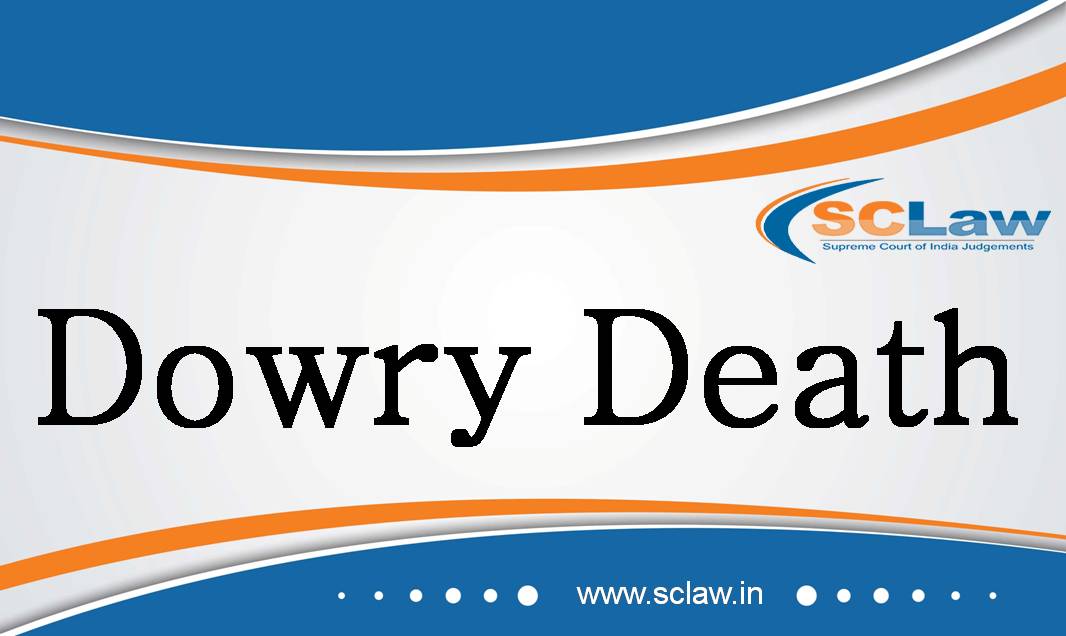Consumer Protection Act, 2019 – Section 35(1)(c) – Joint complaint – HELD the proper way of interpreting Section 35(1) read with section 2(5), would be to say that a complaint may be filed: (i) by a single consumer; (ii) by a recognised consumer Association; (iii) by one or more consumers jointly, seeking the redressal of their own grievances without representing other consumers who may or may not have the same interest; (iv) by one or more consumers on behalf of or for the benefit of numerous consumers; and (v) the Central Government, Central Authority or State Authority.
SUPREME COURT OF INDIA DIVISION BENCH BRIGADE ENTERPRISES LIMITED — Appellant Vs. ANIL KUMAR VIRMANI AND OTHERS — Respondent ( Before : Hemant Gupta and V. Ramasubramanian, JJ. ) Civil…







